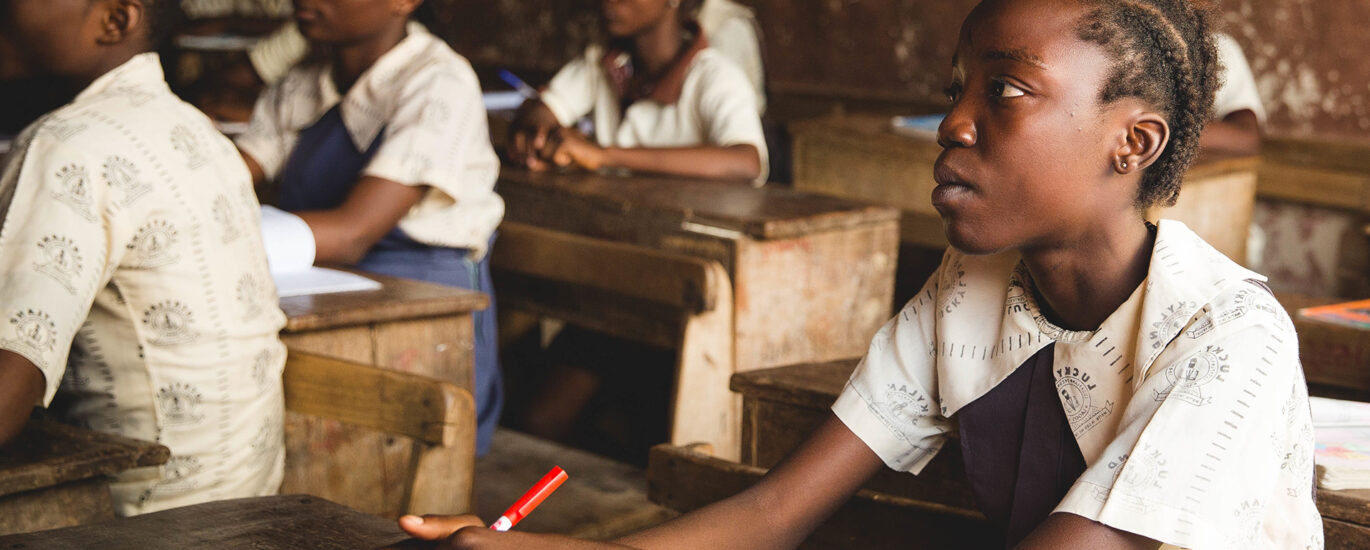Education is a fundamental right and a critical cornerstone for development and progress. In rural Liberia, however, many children face significant barriers to accessing quality education. The consequences of children not attending school in these areas are profound, affecting not only the individuals but also their families and communities at large.
The Cycle of Poverty
One of the most significant impacts of children not going to school is the perpetuation of poverty. Education is a powerful tool for breaking the cycle of poverty, providing children with the knowledge and skills necessary to secure better job opportunities and improve their living conditions. Without education, children in rural Liberia are more likely to remain trapped in low-paying, unskilled labor, limiting their ability to support themselves and their families.
Health and Well-Being
Education plays a crucial role in promoting health and well-being. School environments provide children with more than just academic knowledge; they also impart essential life skills, health education, and access to vital resources such as nutrition programs and vaccinations. Children who do not attend school miss out on these benefits, leading to higher rates of malnutrition, illness, and preventable diseases. Additionally, educated individuals are more likely to make informed health choices and seek medical care when needed, contributing to overall community health.
Social and Gender Inequality
The lack of education exacerbates social and gender inequalities in rural Liberia. Girls, in particular, are disproportionately affected by barriers to education. Without access to schooling, girls are more likely to be married off at a young age, subjected to gender-based violence, and deprived of opportunities for economic independence. Education empowers girls, promotes gender equality, and fosters a more inclusive society where everyone has the chance to contribute and thrive.
Economic Development
Education is a driving force behind economic development. When children are educated, they are better equipped to contribute to their local economies, innovate, and drive progress. In rural Liberia, the absence of a well-educated workforce hampers economic growth and development. Educated individuals are more likely to start businesses, engage in productive farming practices, and adopt new technologies that can improve livelihoods and boost the local economy.
Civic Participation and Governance
An educated population is essential for a functioning democracy and effective governance. Education fosters critical thinking, awareness of rights and responsibilities, and active civic participation. Children who do not attend school are less likely to be informed about their rights and less able to engage in community and national decision-making processes. This lack of participation weakens democratic governance and hinders efforts to build a just and equitable society.
Environmental Awareness and Sustainability
Education also plays a pivotal role in promoting environmental awareness and sustainable practices. In rural Liberia, where communities often rely heavily on natural resources, understanding sustainable practices is crucial for preserving the environment. Children who attend school learn about environmental conservation, climate change, and sustainable agriculture, equipping them to become stewards of their environment. Without this education, communities are at greater risk of engaging in unsustainable practices that can deplete resources and harm ecosystems.
Conclusion
The effects of children not going to school in rural Liberia are far-reaching and deeply interconnected. Addressing this issue requires a concerted effort from government agencies, non-profit organizations, communities, and international partners. By investing in education, we can break the cycle of poverty, promote health and well-being, advance gender equality, stimulate economic development, strengthen democratic governance, and ensure environmental sustainability.
Hope Wing Liberia is committed to making education accessible to all children in rural areas, recognizing that every child deserves the opportunity to learn, grow, and achieve their full potential. Together, we can create a brighter future for the children of rural Liberia and build stronger, more resilient communities.








